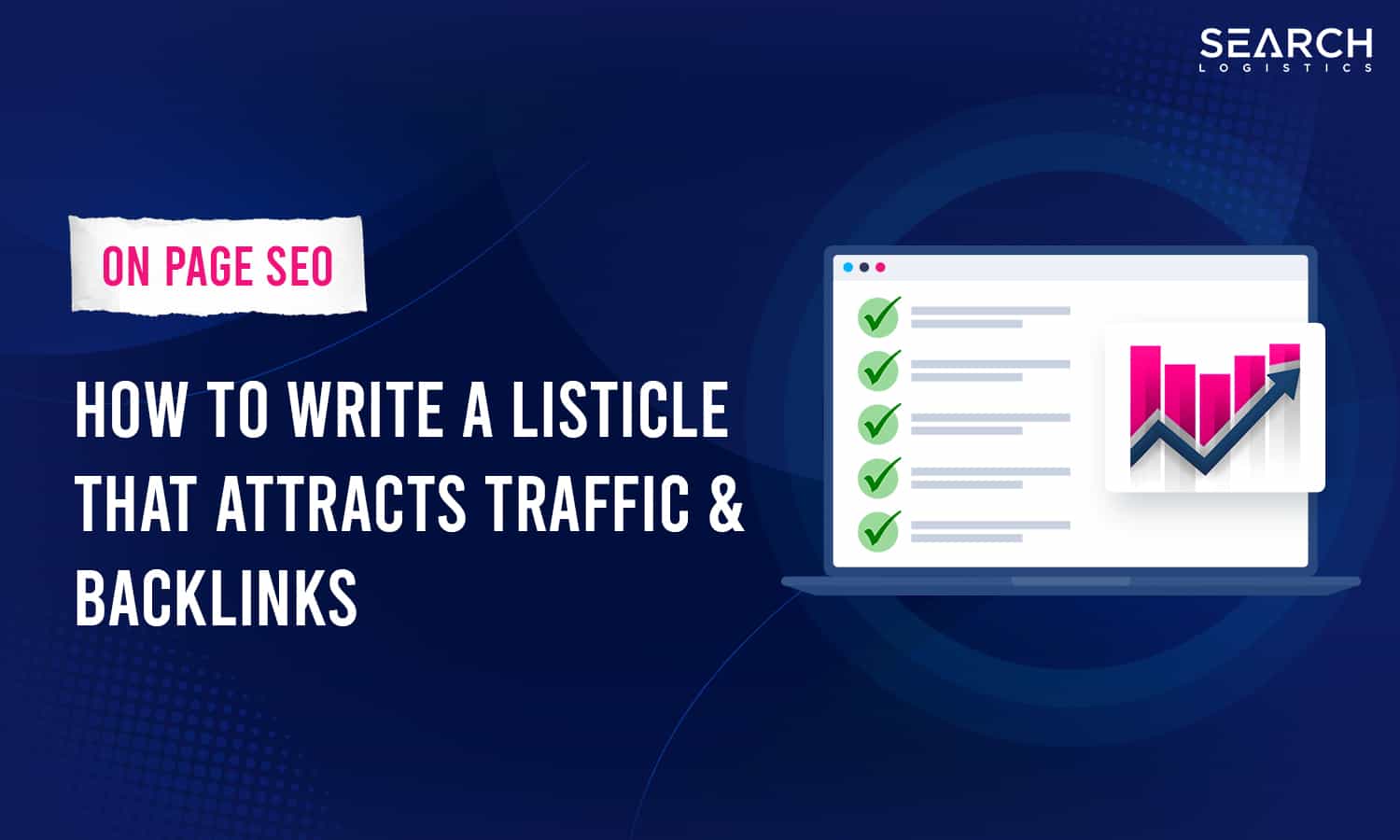CISA Issues Alert on Actively Exploited Google Chrome 0-Day Vulnerability
The Cybersecurity and Infrastructure Security Agency (CISA) has issued an urgent security alert regarding an actively exploited zero-day vulnerability in Google Chrome.
The vulnerability, designated as CVE-2025-10585, affects the V8 JavaScript and WebAssembly engine within Google Chromium, creating significant security risks for users worldwide.
Critical Type Confusion Flaw Discovered
The newly identified vulnerability represents a type confusion flaw in Chrome’s V8 engine, which is responsible for executing JavaScript code in the browser.
Type confusion vulnerabilities occur when software incorrectly handles data types, potentially allowing attackers to manipulate memory and execute malicious code.
This particular weakness is classified under CWE-843 in the Common Weakness Enumeration database.
Smartphone with Google Chrome logo against a background of binary code and a red ‘Virus Detected’ warning highlighting a cybersecurity threat
CISA’s addition of CVE-2025-10585 to its Known Exploited Vulnerabilities catalog on September 23, 2025, indicates that threat actors are actively leveraging this security flaw in real-world attacks.
The agency has established October 14, 2025, as the mandatory deadline for federal agencies to apply necessary patches or discontinue using affected Chrome installations.
The severity of this vulnerability demands prompt attention from organizations and individual users alike.
CISA’s binding operational directive BOD 22-01 requires federal agencies to address known exploited vulnerabilities within specific timeframes, emphasizing the critical nature of this security issue.
Users must immediately update their Chrome browsers to the latest version to protect against potential exploitation.
Google has released patches addressing this vulnerability, and automatic updates should deliver these fixes to most installations.
However, users should manually check for updates through Chrome’s settings menu to ensure they receive the security patch promptly.
Organizations utilizing cloud services should follow applicable BOD 22-01 guidance, while those unable to implement mitigations should consider discontinuing use of vulnerable Chrome versions until proper patches can be applied.
While CISA has cataloged this vulnerability as actively exploited, the agency has not yet determined whether CVE-2025-10585 is being used in ransomware campaigns.
This uncertainty adds another layer of concern, as ransomware operators frequently weaponize browser vulnerabilities to gain initial access to systems and networks.
The V8 engine’s critical role in processing JavaScript makes this vulnerability particularly dangerous, as malicious websites could potentially exploit the flaw to compromise visitor systems without requiring user interaction beyond visiting an infected page.
System administrators should prioritize Chrome updates across their environments and monitor for any suspicious browser-related activity that might indicate exploitation attempts targeting this newly disclosed vulnerability.
Follow us on Google News, LinkedIn, and X to Get Instant Updates and Set GBH as a Preferred Source in Google.














Post Comment